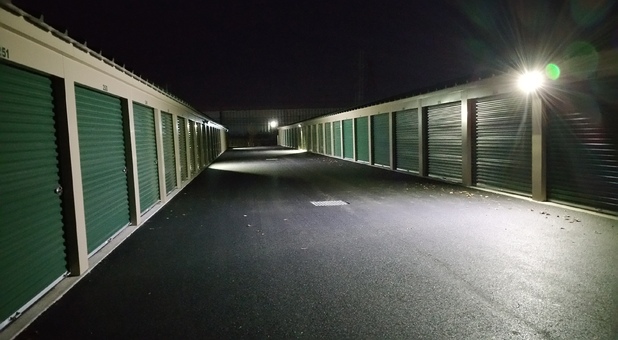India’s new Merchant Shipping Bill 2024, tabled in the Lok Sabha by Union Minister of Ports, Shipping and Waterways, Sarbanada Sonowal, on Tuesday, will redefine and simplify ownership criteria for merchant vessels in the country – making it easier for Indian-flagged vessels to operate, and also streamline a variety of regulations that deal with marine casualties including imposition of stricter norms against polluting vessels or “harmful” ones.
It has been proposed to expand the eligibility criteria for ownership of the vessels and increasing tonnage under the Indian flag. The Bill also makes provision for temporary registration of vessels seeking to be recycled in India; and granting provisional certificate of registration to an Indian vessel.
The Bill proposes setting up of a body to be notified by the Centre responsible for conducting regulatory and oversight functions relating to security of vessels and port facilities.
Also, any Indian vessel proceeding to sea without a valid certificate of registration under this Act shall be detained until a valid certificate of registration is produced.
The existing Merchant Shipping Act, 1958, will be repealed and be replaced by the now proposed legislation, if passed by the Parliament.
Registration of Vessels
Under the Bill ownership has been allowed by a citizen of India including a Non-Resident Indian or an Overseas Citizen of India; or a company or a body established by or under any Central Act or State Act having its registered office or principal place of business in India.
“No vessel which is wholly owned by an Overseas Citizen of India shall be required to be registered as an Indian vessel,” it states adding that the Central Government may, by notification, declare any port or place as a port of registry under provisions of this legislation.
Registration of a foreign vessel chartered on a bareboat charter cum demise contract by an Indian charterer will be allowed in order to expand opportunities for international trade and increasing Indian tonnage. A “bareboat charter-cum-demise” means a bareboat charter where the ownership of the vessel is intended to be transferred after a specified period to the charterer to whom it has been chartered.
“Any vessel registered at a port in India under any enactment repealed by this Act shall, at the commencement of this Act, be deemed to have been registered under this Act and recognised as an Indian vessel,” it states.
The Bill mentions that an Indian vessel may be registered in a State other than India subject to such conditions as may be prescribed.
Abandoned Vessels and Recycling Push
The new legislation allows vessels, other than an Indian ones, abandoned in Indian waters and which is subsequently acquired by an entity eligible to register a vessel under the Merchant Shipping Bill 2024 as per laid down provisions.
It also adds: Where a vessel has ceased to be registered as an Indian vessel by reason of having been wrecked or abandoned, or for any reason other than capture by the enemy, the vessel shall not be re-registered until she has, at the expense of the applicant, been surveyed by a surveyor and certified by him to be seaworthy.
Temporary registration of vessels have been allowed for vessels seeking recycling in the country, in a bid to boost the sector.
The rules mention, “Every Indian vessel shall be described by such name, call sign and official number in such manner as may be prescribed.”
Mortgage Rights
Rules and rights relating to mortgage of vessels have also be laid down.
For instance, except in so far as may be necessary for making a mortgaged vessel or share available as a security for the mortgage debt, the mortgagee shall not, by reason of his mortgage, be deemed to be the owner of the vessel , nor shall the mortgagor be deemed to have ceased to be owner.
As a faster redress, it has been proposed that where there is only one registered mortgagee of a vessel, “he shall be entitled to recover the amount due under the mortgage by selling the mortgaged vessel or share without approaching the High Court”.
However, where there are two or more registered mortgagees of a vessel, the Bill states, “they shall be entitled to recover the amount due under the mortgage in the High Court, and when passing a decree or thereafter the High Court may direct that the mortgaged vessel or share be sold in execution of the decree.”








Leave a Comment